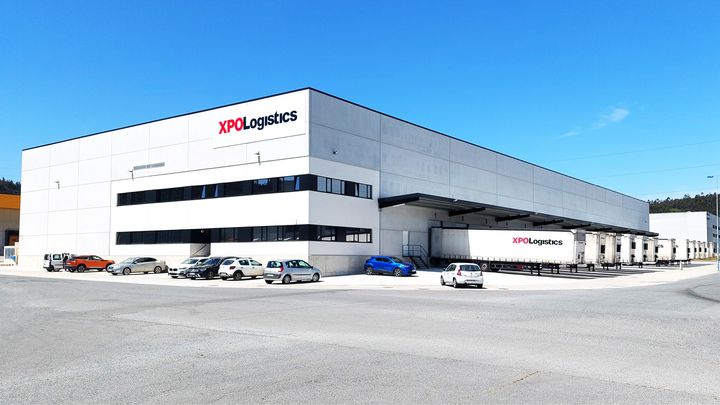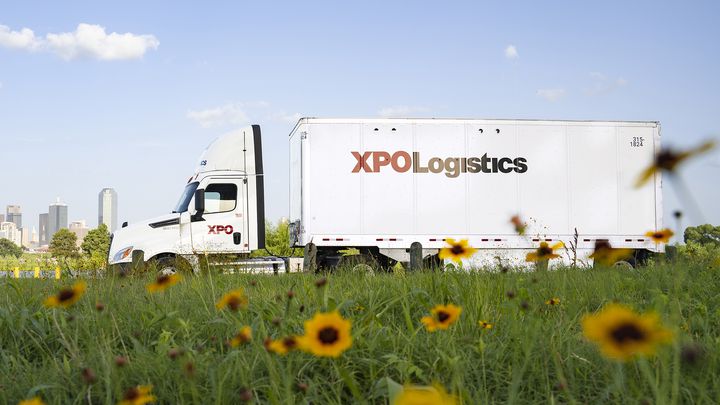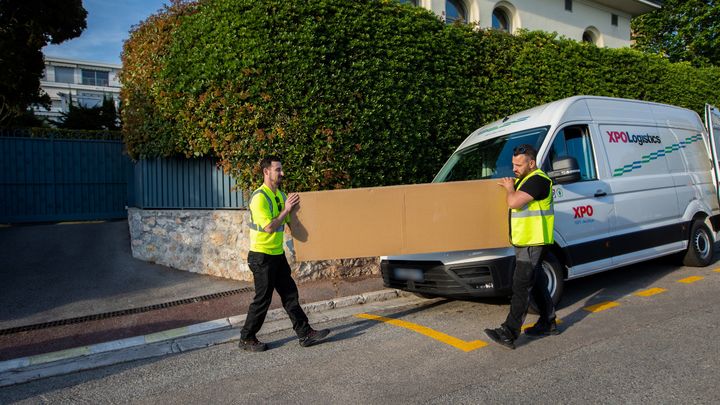XPO Logistics Moves Forward with Sustainability Initiatives in Spain and Portugal
All sites use 100% renewable energy and 85% of surface area is lit with LED technology
XPO Logistics, a leading provider of freight transportation services, has provided details of its progress with sustainability initiatives to reduce the carbon footprint of its operations in Spain and Portugal. The announcement was made to coincide with World Environment Day.
The company is continuing to deploy technologies that lower emissions by optimising energy consumption, such as LED lighting, motion sensors and ambient light sensors. Specifically, in Spain and Portugal:
- 85% of the surface area of XPO’s transport sites and distribution centres (around 200,000 square meters) is lit with LED technology, with a target of 93% by the end of 2022.
- All of XPO’s transport facilities and offices consume 100% renewable energy and have for more than three years.
- XPO has installed more than 300 KWp of photovoltaic energy on the roofs of its sites to date.
- The company has earned Leed Gold green building certifications for two sites opened recently in Spain: a last-mile platform in San Fernando de Henares (Madrid) and a cross-dock distribution centre in Castellbisbal (Barcelona).
- XPO is also investing in more sustainable power for its forklift fleet by replacing lead acid batteries with lithium-ion batteries, which significantly improve power efficiency. About 11% of XPO's forklifts in Spain and Portugal are currently powered with lithium-ion batteries, with a target of about 24% by the end of this year.
Massimo Marsili, managing director – Southern Europe and Morocco, XPO Logistics, said, "At XPO, we are committed to reducing the carbon footprint of our business as we become increasingly efficient in consuming resources — and not only on the road. Our team will continue to implement innovative solutions that deliver high value for our customers and the planet through environmentally sustainable changes to our operations.”
In addition, XPO recycled more than 7.2 million plastic containers in Spain and Portugal in 2021, which is the equivalent of the recyclable waste generated by nearly 10,000 people a year.


